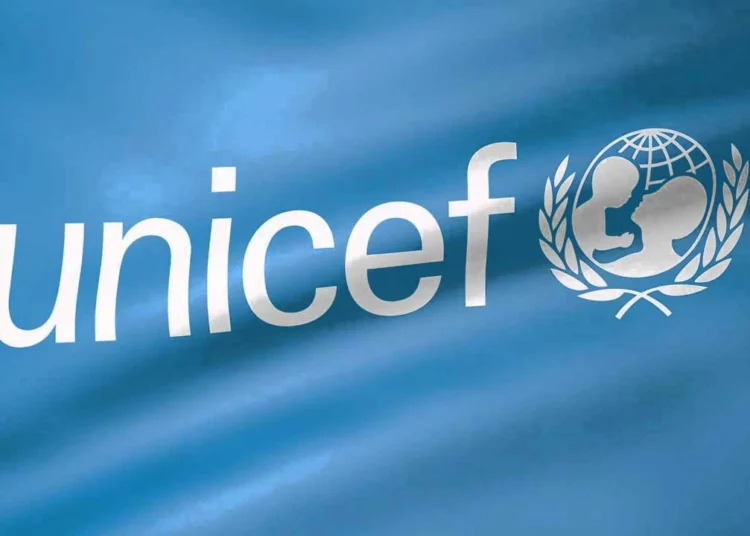The United Nations Children Emergency Fund (UNICEF) has expressed concern on noticeable global rise in discrimination against children based on ethnic and religious considerations.
A UNICEF report published at the weekend which quoted its executive director, Catherine Russell, as saying the impact of discrimination on children showed the extent to which racism and discrimination affect their education, health, access to registered birth, fair and equal justice system, and highlights widespread disparities among minorities and ethnic groups.
“Systemic racism and discrimination put children at risk of deprivation and exclusion that can last a lifetime,” said Russell.
“This hurts us all, protecting the rights of every child, whoever they are, wherever they come from, is the surest way to build a more peaceful, prosperous, and just world for everyone,” she added.
Among the new findings, the report shows that children from marginalised ethnic, language and religious groups in an analysis of 22 countries lag far behind their peers in reading skills. On average, students aged 7-14 from the most advantaged group are more than twice as likely to have foundational reading skills than those from the least advantaged group.
Nigeria has 18.3 million children who are not in school, and a high number of children attending schools but not getting solid education that can translate into good prospects for their future. While this crisis affects children across the country, girls, children with disabilities, children from the poorest households, street children, and children affected by displacement or emergencies are affected more, the report said.





